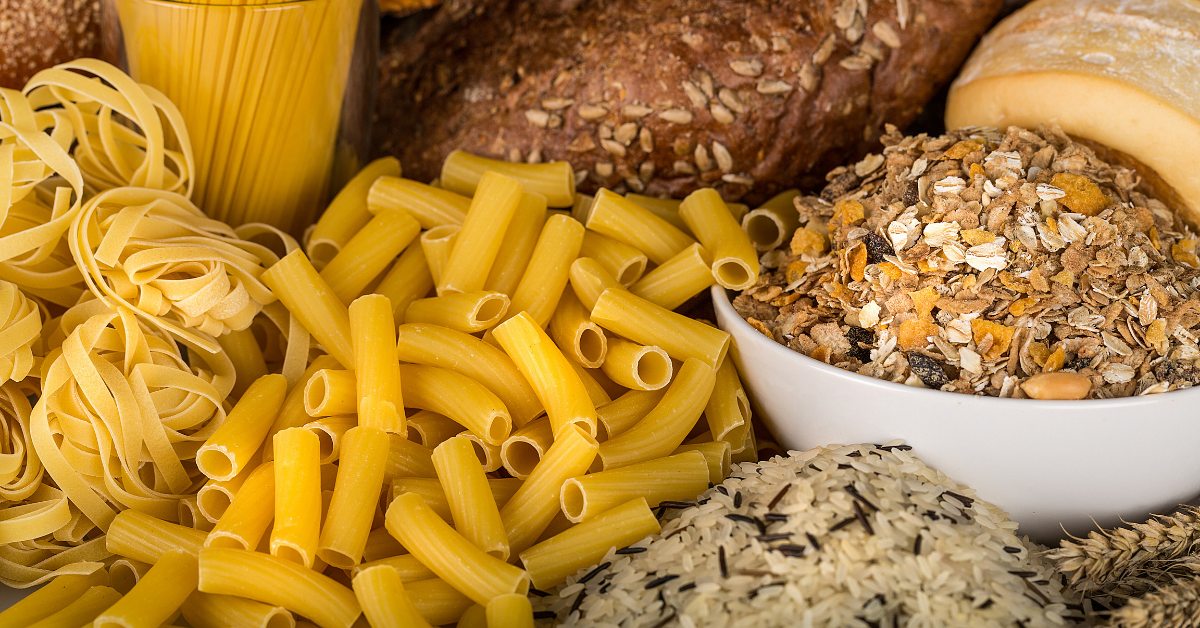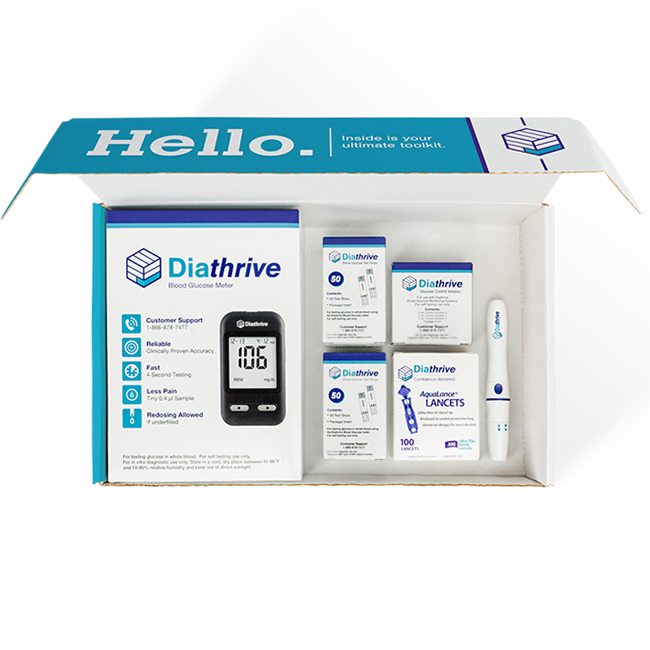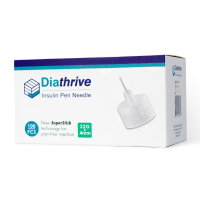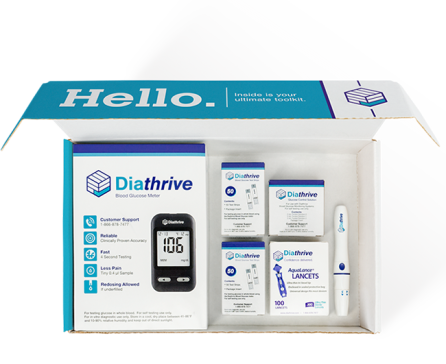
Dietary advice is among the most polarizing topics, not just in the diabetes community, but in all sorts of circles. How often have you been told that, if you would just stop eating this and eat more of that, your [insert medical condition] would go away!? Everyone's an expert with research they trust to substantiate their claim. Quite often, said research is contradicted by some other research from another source.
Carbohydrates raise blood sugar. That's something I'd guess most people living with diabetes know. Whether sugary sweet or made of wheat, the carbohydrates in food will cause a rise in our glucose levels. Because of this fact, we are well advised to cut down on carbs. Although some people take very low-carb eating quite seriously, cutting carbohydrates almost completely out of their lives, others teach that there are reasons to keep carbs in the mix (did you know whole grains can help support greater insulin sensitivity?). Granted, high-carb eating will contribute to increased glucose levels and weight gain for many people, but let's look at some high-carb foods that may just need some portion control applied.
Grains
Have you heard that grains are bad? Have you also heard that grains are good? Grains are one of the most controversial topics in diabetes management arguments. In a recent episode of her Sound Bites podcast, Melissa Joy Dobbins, MS, RDN, CDE spoke with Dr. Julie Miller Jones about grains. The conversation reveals that carbohydrates are more complicated than many people realize. When you separate out whole or enriched grains (good) from highly-processed, sugary foods that happen to have grains (bad), you're looking at some carbohydrates that are nutrient-rich and help prevent certain diseases. Dr. Jones further explains the difference between the fiber that is found in grains and that which is found in fruits and vegetables. Research has shown that fibers found in grains can reduce certain cancer risks.
Fruits
But what about fruit? I was shocked the first time I had someone in the diabetes community tell me that apples are not diabetes-friendly! I mean, it's FRUIT! Their argument was that apples are filled with sugar, which raises blood sugar, so people with diabetes should not eat them. My rebuttal was, what about the rest of the apple? Apples may not be packed with essential nutrients, but nutrients are there. Apples are also rich with healthy fiber, antioxidants, and are a good source of vitamin C. Healthline lists several benefits from eating apples, including weight control, blood sugar control (granted it is complicated if you already have diabetes), and reduced risk for cancer and heart disease. Another fruit I've heard "don't eat that!" about are bananas. Yes, bananas raise blood glucose because of their carb content. But that's not all a banana does. LiveScience lists nutrients found in bananas, such as potassium, vitamin C, fiber and more. Research has shown that bananas promote bone, vision and heart health; improve depression and mood; reduce cancer risk and even promote weight loss. Look into the nutritional value of your favorite fruit to find out why it is good to keep in your diet.
Vegetables
Not all vegetables are low in carbohydrates. Of course, you have your broccoli, spinach and zucchini. But then you have potatoes, peas and corn. Potatoes have the worst reputation of all when it comes to blood sugar management, and it's not hard to understand why. Potatoes are quite high in carbohydrates. For many of us, potatoes will spike blood sugar high and quick. But, while I have drastically reduced the amount of potatoes in my diet, I won't eliminate them. A medium potato is high in potassium (even more so than a banana), magnesium and vitamins B6 and C. This is another carby food that, according to Medical News Today, provides nutrients that promote heart health, bone health and reduced cancer risks. Sweet potatoes are similar in many ways nutritionally but providing more calcium, vitamin A and beta carotene. The keys to success with potatoes are form and portion size. In other words, ordering the large fries probably isn't the best way to get these important nutrients.
My own conclusions
I am not a nutritionist or a diabetes educator and I am not telling anybody what they should or should not eat. But, I have been living with diabetes for over 20 years. In that time, I've taken rides on the high-, low-, and no-carb wagons. But here's where I have landed, and it is okay if you have landed someplace else completely...
Blood sugar management isn't my only health goal. Nor is it my only life goal. Being mindful and taking a more broad approach to health, happiness and nutrition allows me to live well and feel well because I love food and I love being healthy. Sure, much of the nutritional value I've discussed here can be found in supplements and other food sources. I don't have to eat an apple to get vitamin C or a potato to get potassium. But I love both of these foods, and I know how to manage my blood sugar while enjoying them, using tools like insulin and glucose monitoring. Carbohydrate moderation is the key to my personal success. Rather than high-, low- or no-, I choose reduced-carb. Besides, eliminating all carbs certainly will not cure diabetes.
Most diabetes experts are not saying to eat a lot of carbohydrates or to stop eating all carbohydrates. In fact, the American Diabetes Association stopped recommending high-carb meal plans years ago. They are saying we should think about all nutrition and make sure we are getting what helps us be healthy. Use a glucose meter to measure how foods affect your blood sugar and use that data to adjust portions and plan your food choices. Your brain and body will thank you!
Find one of the most affordable and accurate glucose meters right here. No insurance, prescription, or pharmacy trip needed.





